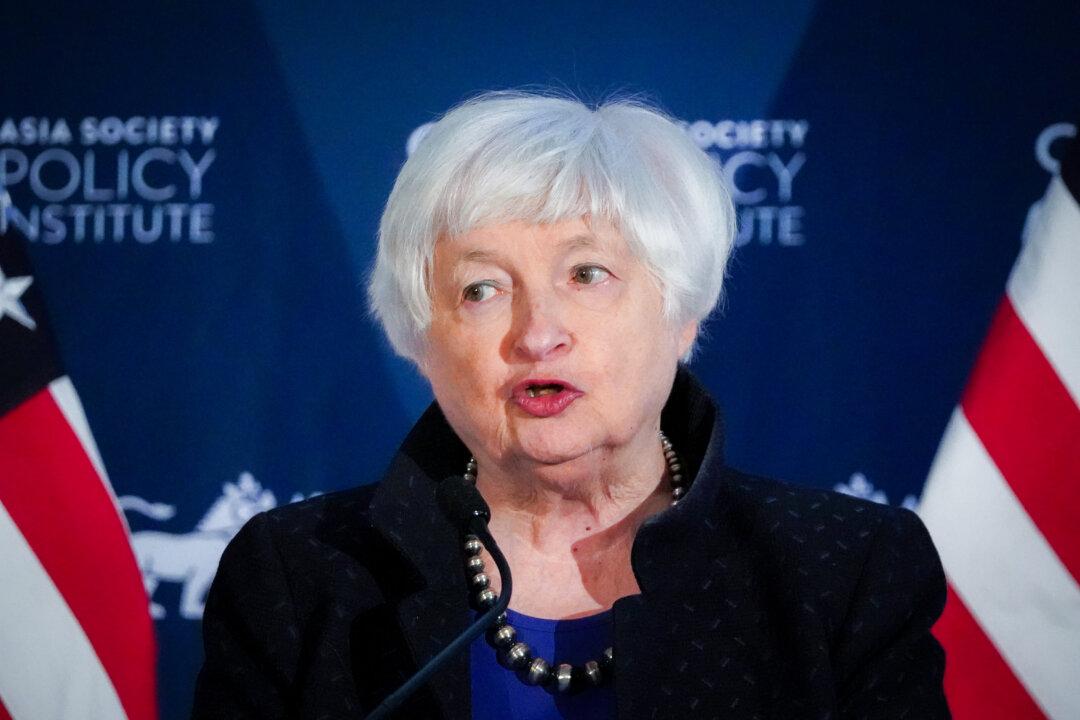A day after the latest inflation data came in hotter than expected, Treasury Secretary Janet Yellen said the path to relieving price pressures will be bumpy and expressed regret for being one of many Biden administration officials who repeatedly insisted that inflation would be “transitory.”
The consumer price index (CPI), a measure of retail inflation, came in at a 3.2 percent in February, above consensus estimates and up from 3.1 percent in the prior month, according to data released on March 12 by the Bureau of Labor Statistics (BLS).





